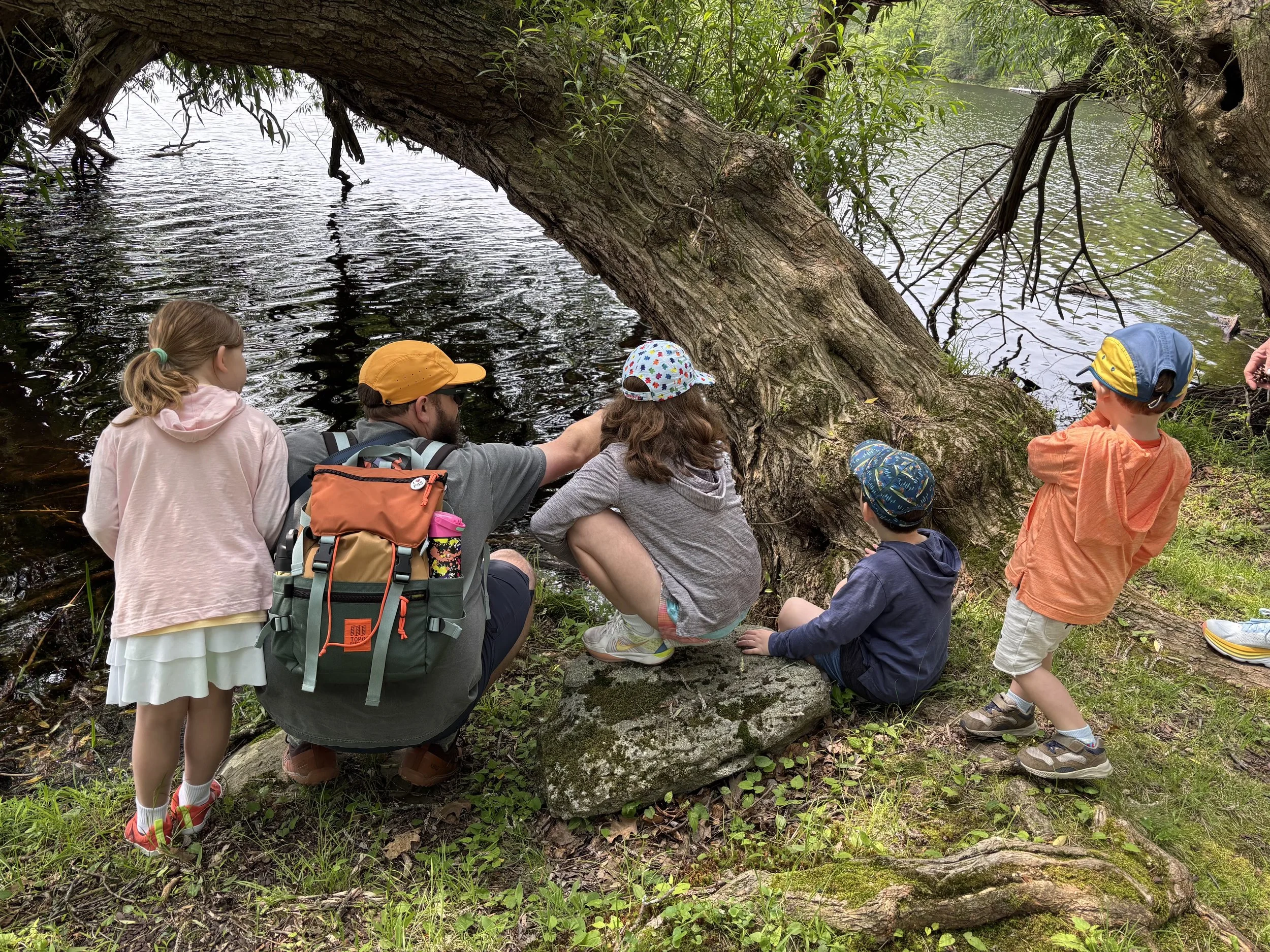Our Research
-

Secondhand Experiences in Teaching
This study explores how teachers use their own firsthand experiences as a teaching resource in their classrooms. Through interviews, classroom observations, and other field research, we are putting together a picture of the ontological impact that teachers can have on students simply by sharing their own stories. If you’re interested in participating, please reach out by sending an email to wcuexperiencelab@gmail.com or filling out our intake survey here
-

Teacher Experiences with AI
This is an ongoing study where we observe teachers experiences using AI tools, often for the first time. We take a phenomenological viewpoint and ask teachers to interact with ChatGPT while we observe their prompting patterns, reactions, and general feelings toward AI. If you’re interested in participating, please reach out by sending an email to wcuexperiencelab@gmail.com or filling out our intake survey here
-

Firsthand Experiences in the Field
This upcoming study observes and interviews undergraduate and graduate students who are gaining firsthand experience in their field of study. Ranging from science students collecting watershed samples to pre-service teachers in student-teaching, we are asking how these firsthand experiences produce ontological shifts in students.
-

Place-Based Experience
The PEXE Lab studies various place-based educational experiences, collecting phenomenological data to understand how a deep rootedness in place can bring about ontological development in the person experiencing that place. For example, we recently studied how undergraduates experience the African American History Museum on their first visit by collecting artifacts and interviews from the trip to Washington DC.
-

A Pedagogy of Dwelling
A Pedagogy of Dwelling is a conceptual framework that builds on Martin Heidegger’s concept of dwelling by thinking about education as something deeply rooted in our natural and ecological realities. You can read more about A Pedagogy of Dwelling here.
-

Visual Data Mapping
Visual Data Mapping (VDM) is a qualitative research technique we are developing that collects phenomenological and experiential data and uses visual maps as a way of coding. By coding phenomenological data in the form a of a map, we can draw temporal, spatial, and ontological inferences about the way a phenomena was experienced.
